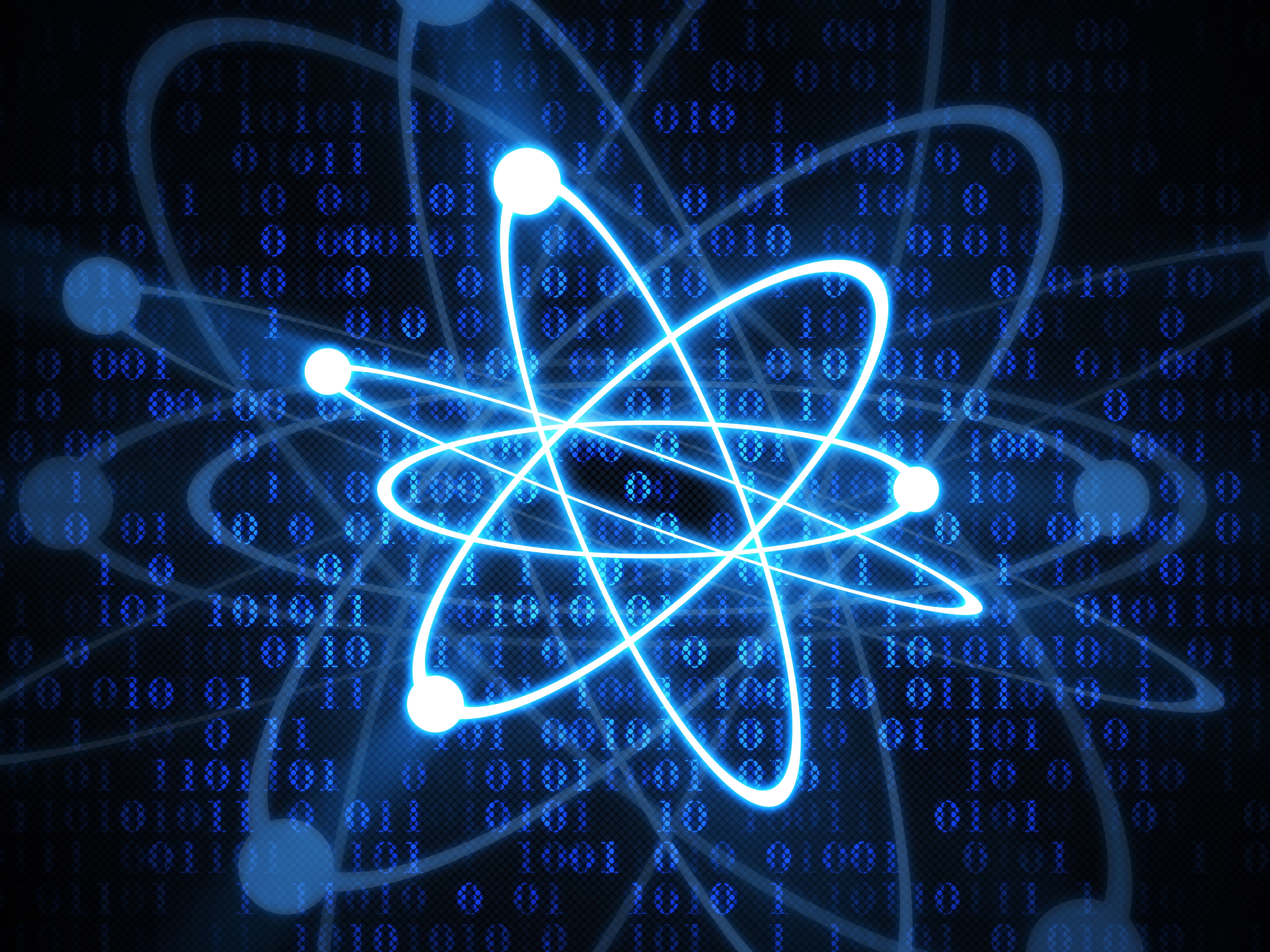UNSW Canberra celebrates International Day of Women and Girls in Science
UNSW Canberra is celebrating the United Nation's International Day of Women and Girls in Science by showcasing the work of some of the University's students and researchers.
UNSW Canberra is celebrating the United Nation's International Day of Women and Girls in Science by showcasing the work of some of the University's students and researchers.

UNSW Canberra is celebrating the United Nation's International Day of Women and Girls in Science by showcasing the work of some of the University's students and researchers.
According to the UNESCO data, only around 30 per cent of all female students select STEM-related fields in higher education. Globally, female students’ enrolment is particularly low in ICT (3%), natural science, mathematics and statistics (5%) and in engineering, manufacturing and construction (8%).
From climate scientists to aerospace engineers, astrophysicists to oceanographers, UNSW Canberra researchers are inspiring the next generation of scientists - and there's a good chance we'll see more women among them.
Dr Lewis is the reigning ACT Scientist of the Year and a member of the team producing the latest IPCC report - the internationally accepted framework for climate change action used to establish global targets.
Dr Lewis studies weather extremes and how climate change contributes to events such as bushfires and droughts.
“The work that I'm planning on doing in the future is looking at how bad it could get, what is the worst that we should be preparing for and how can we be planning now so that we're most resilient and most adaptable in the future,” Dr Lewis said.
In addition to her research, Dr Lewis is extremely passionate about sharing her love of science. As well as teaching students at UNSW Canberra, Dr Lewis runs science workshops with preschool children.
Leone Van Donselaar graduated UNSW Canberra in 2019 with a degree in civil engineering. Her thesis work discussed how ceramic pieces could be incorporated into armoured vehicles.
Dr Fiona Panther is one of many UNSW Canberra researchers who has found her passion in space.
Whether you’re drawn to the physics of faraway galaxies, or how satellites can be used to improve communications on Earth, Dr Panther advises all aspiring scientists to stay curious.
“The main thing which drives all of science is asking questions, and it’s not necessarily about having all the answers,” Dr Panther said.
“The main thing we learn is how to formulate a good question. How do we ask the right questions, and how do we pique the curiosity of everyone around us so that we can come together to work on a problem?"
Charlotte Watts designed and built an engineering lab as part of her thesis work. It has been used as an assessable item for first-year students.
In 2019, UNSW Canberra researcher Dr Isabel Jalón Rojas took her oceanography students to the South Coast to examine microplastics in Jervis Bay, where they are unusually prevalent.
“Microplastics can absorb and transport pollutants and invasive species, affecting the biodiversity,” Dr Jalón Rojas said.
Using smartphones contained in plastic bottles, the team investigated the dispersion of the debris in this otherwise pristine environment.
Dr Quyen Do has just completed her PhD studies at UNSW Canberra, where she began developing microscopic sensors that can be used to detect wear and tear in knee replacements.
Ruth Poblete, a current PhD student is further developing this technology by applying the sensors to the insoles of shoes for diabetic patients.
While the sensors could be a breakthrough for biomedicine, they have wider applications in a range of fields, including aeronautical engineering.
In addition to her work as an aerospace engineer, Dr Capra is one of Science & Technology Australia's Superstars of STEM. The program is aimed at smashing society's gender assumptions about scientists and increasing the visibility of wome in Science, Technology, Engineering and Mathematics.
She is also the organiser of UNSW Canberra's Young Women in Engineering (YoWIE) program.
#thisismylab - T-ADFA a free piston shock tunnel at @unswcanberra. I use this tunnel to do research at really really fast (hypersonic) speeds and #STEMgotmehere! #scienceweek #superstarsofSTEM @Aus_ScienceWeek @ScienceAU pic.twitter.com/mI6GkBjeq5
— Dr Bianca Capra (@capra_bianca) August 13, 2019
Inspired by UNSW Canberra's women in science? If you're an aspiring female scientist in year 8 or 9, then you're in luck!
Returning in January 2021, the University's free Young Women in Engineering workshop will allow students to develop and use the real skills of practicing engineers through a number of fun hands-on activities.
"We hope they are empowered to continue studies in the areas of science, technology, engineering and mathematics, which are critical subjects to any STEM career,” Dr Capra said.
2021 registrations open soon.